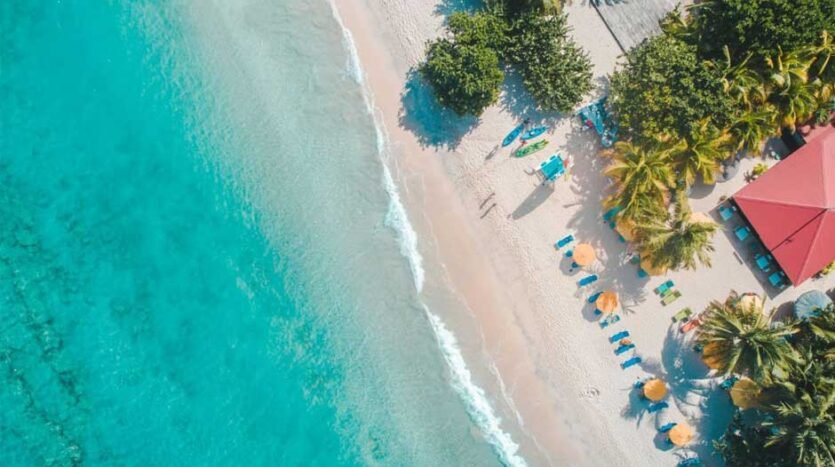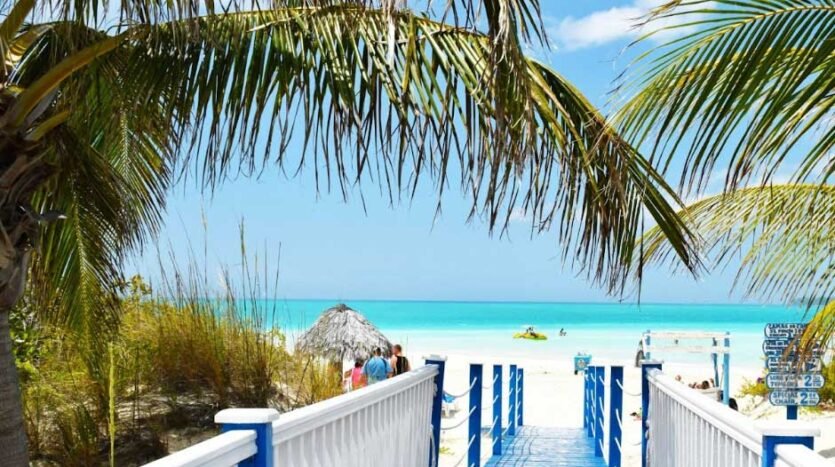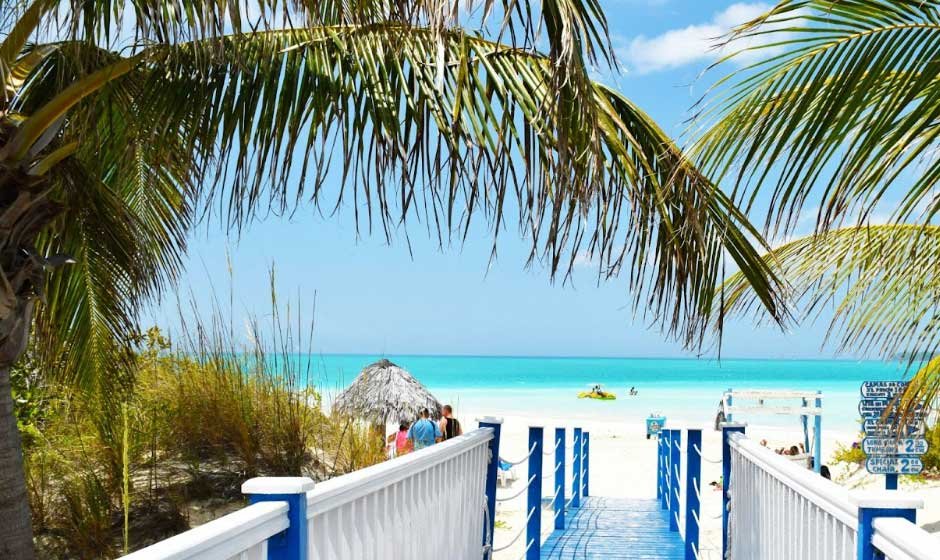4 Key Reasons to Invest in Property in the Caribbean
The Caribbean is more than just a popular vacation spot; it has become an attractive destination for investors. With growing tourism, stable economies, and property laws that favor investors, the region draws attention from buyers who want financial gains and peace of mind.
For those interested in combining a lavish lifestyle with long-term investment growth, there are many opportunities, from luxury beachfront villas to eco-friendly resorts.
Whether you want to expand your investment portfolio or plan a permanent move, Caribbean real estate offers a unique mix of potential and beauty.
Top 4 Reasons for Caribbean Real Estate Investment
The Caribbean is an excellent place for real estate investment, offering beautiful scenery and strong financial potential. Buyers from around the world are drawn to this region.
In this guide, we look at the top four reasons to consider property investment in the Caribbean.
Pathway to Second Citizenship and Global Mobility
For many international investors, owning property in the Caribbean offers more than just financial benefits—it can also lead to a second passport.
Several Caribbean nations offer Citizenship by Investment (CBI) programs, which allow individuals to gain citizenship by investing in real estate. These programs provide benefits like visa-free travel, favourable tax systems, and the ability to hold dual nationality.
Many investors interested in Caribbean property also research how to get Caribbean citizenship through investment programs that include real estate. By investing in approved developments such as luxury villas, eco-resorts, or government-backed projects, applicants can qualify for citizenship while contributing to the local economy.
Each country has its own minimum investment requirements. The minimum real estate investment in St. Kitts & Nevis is $400,000 for shared ownership or $800,000 for a single property.
Dominica requires at least $200,000, while Grenada sets the minimum at $220,000. In addition to these amounts, applicants must also pay government fees and due diligence costs to meet the program’s standards.
CBI applicants must hold their property for three to five years before selling, and the property must be part of government-approved projects. The due diligence process is known to be one of the strictest in the world, including background checks and financial verification to maintain the integrity of the programs.
High Tourism Demand and Strong Rental Yields
The Caribbean’s strong tourism industry drives excellent returns on real estate investments. In 2023, the region welcomed over 32 million visitors, more than before the pandemic.
Islands like Barbados, St. Lucia, and Turks & Caicos regularly see hotel occupancy rates between 70% and 85%. This shows a steady demand for good places to stay all year.
This strong tourism leads directly to good rental income for property owners. Well-placed villas, beachfront condos, and eco-lodges typically earn annual returns of 5% to 8%. The exact amount depends on how well the property is managed and its location.
Impressive growth of Airbnb and luxury short-term rentals has created more opportunities for smaller investors. They can now earn competitive returns without needing to run large hotels.
The Caribbean’s warm weather all year, plus more direct flights from major cities like Miami, Toronto, and London, means properties stay occupied consistently. For investors, this means fewer empty periods and more reliable income.
Also, local governments are improving tourist facilities, such as new airports, marinas, and cruise terminals. This helps both property values and visitor numbers grow.
In short, the Caribbean’s busy tourism sector does more than support vacations. It creates a strong and profitable property market that attracts investors looking for a good lifestyle and long-term financial security.
Stable Economies and Investor-Friendly Policies
The Caribbean offers more than just beautiful coastlines; it provides a stable and well-regulated environment for real estate investment.
Many nations in the region, including St. Kitts & Nevis, Dominica, and Antigua & Barbuda, have politically stable governments and legal systems that protect foreign investors. These countries often use English common law, ensuring clear and transparent procedures for owning property, transferring titles, and resolving disputes.
Acquiring property is often straightforward for non-citizens. Thanks to reliable title registration systems, foreign buyers can purchase freehold property with few restrictions in most places. For instance, St. Kitts & Nevis has simplified its land registry process, and Antigua offers clear investment incentives through its Non-Citizen Landholding License program.
The region’s tax policies add to its attractiveness. Several islands have no capital gains tax or inheritance tax. Additionally, property taxes are typically low, often less than 1% of a property’s assessed value. This favourable tax structure helps support long-term ownership and protect your wealth.
The Caribbean economies are also growing. According to the Caribbean Development Bank (CDB), the region’s economy grew by 1.7% in 2024, largely due to construction and real estate development linked to tourism. Data from the World Bank also shows steady GDP growth in small Caribbean states, driven by strong tourism and infrastructure investment.
Lifestyle Appeal and Long-Term Value
The Caribbean property market offers both a lavish lifestyle and financial benefits. The region boasts year-round warm temperatures, usually between 77°F and 88°F, and low crime rates in islands like Nevis, Antigua, and Barbados. This makes it an ideal place for families, retirees, and remote workers who want to balance work and relaxation.
Many islands also provide modern healthcare facilities and access to international schools, ensuring comfort and security for long-term residents.
Investments in infrastructure are steadily improving the region’s accessibility and property value. Upgraded airports, larger marinas, and better internet connections are attracting remote workers, yacht owners, and digital nomads.
For instance, Barbados’ Welcome Stamp program has drawn many long-term residents, which helps property values increase and provides consistent rental income.
Sustainability is also playing a growing role in the region’s development. Eco-friendly resorts, solar-powered homes, and green-certified residential projects are becoming more common, especially in Dominica and St. Lucia. These environmentally conscious developments appeal to investors prioritizing responsible ownership and future resilience.
Investing Beyond the Horizon
The Caribbean is more than just a beautiful destination. It offers investors economic stability, global mobility, and strong long-term returns.
With reliable property laws, a growing tourism industry, sustainable infrastructure, and a rich culture, the Caribbean provides unique opportunities combining financial security and personal satisfaction.
Caribbean real estate is a wise global investment, whether you are looking to build a vacation home portfolio or establish a permanent residence. The region’s transparent legal systems, investor protections, and positive growth trends make it an ideal choice for those seeking a balance between lifestyle, financial resilience, and profitability.




